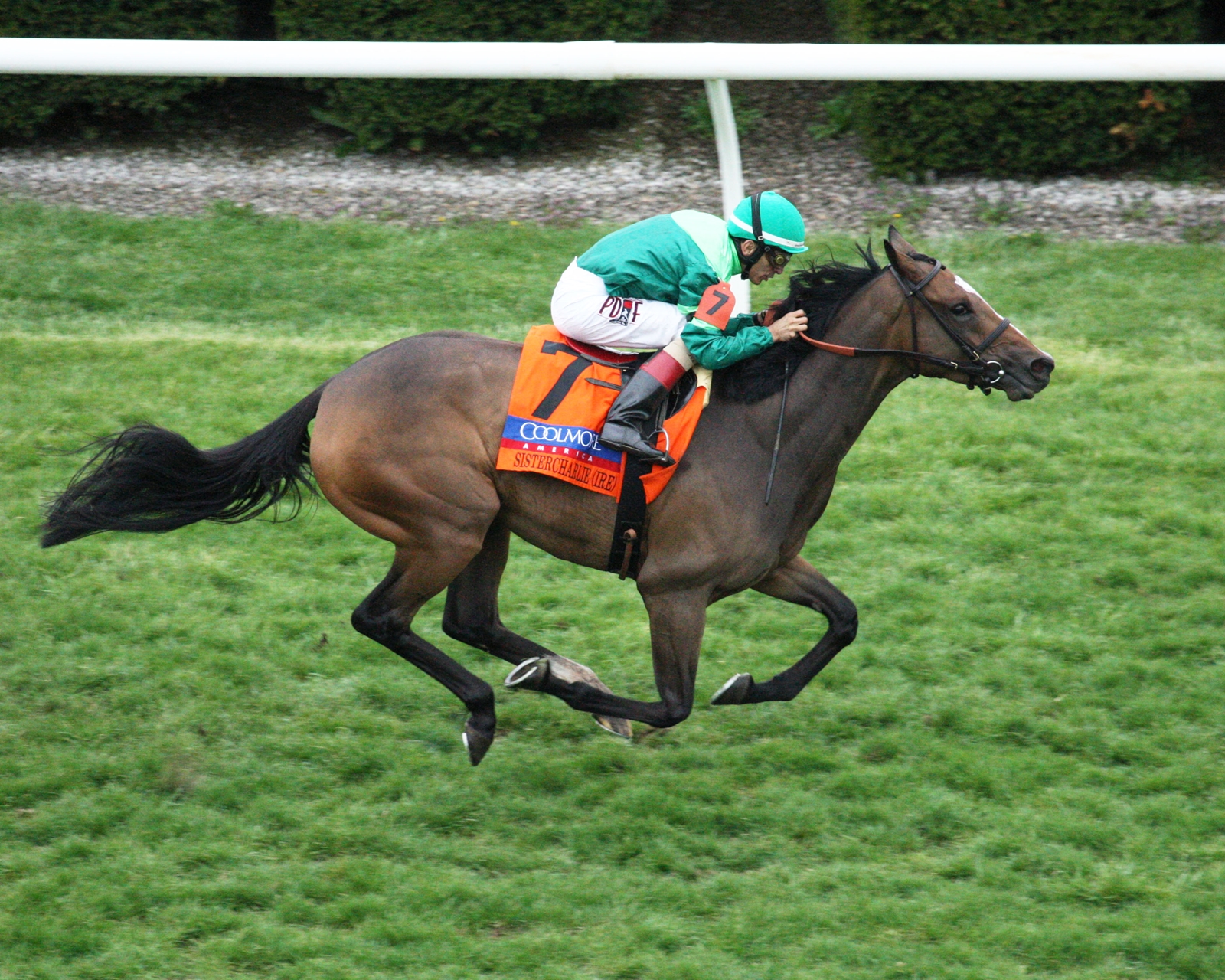

“Professionalism” did not enter Black’s Law Dictionary until the publication in 2004 of its eighth edition, in which it was defined as “the practice of a learned art in a characteristically methodical, courteous, and ethical manner.” By then, the “crisis” had been in existence for two decades. In difficult economic times, social trustee professionalism was viewed as dispensable by some for others, the increasing interest in improving law firm income statements, in part by firing partners categorized as “dead weight,” was evidence of a professionalism crisis. It was also partly a result of high inflation during many of those years, and partly a consequence of changes in the private practice of law. This decline in income was related in part to a great expansion in the number of lawyers, as Baby Boomers headed to law schools in record numbers. The instrumental justification rejecting social trustee professionalism was economic in 1980, median lawyer income, in real dollars, was less than it had been in 1970. The lawyer thus served an amoral and modest role within a larger justice system. After assessing the evidence presented (and tested on cross-examination) by the lawyers for both parties, and hearing the closing arguments made by opposing counsel, a neutral decision maker (judge or jury) issued a verdict. The zealous advocate was, in the liberal imagination, opposed by another (and equally capable) zealous advocate. Lawyers had long believed that zealously representing one’s (private) clients was essential to fulfilling the rule of law. Part of the reason for the rejection of social trustee professionalism was ideological. Mary's), the final in a series about his new book, The Lawyer's Conscience A History of American Lawyer Ethics (University of Kansas Press). The following post comes from Michael Ariens (St. | Comments (0) Wednesday, JanuThe Trustworthiness of American Lawyers (Part V) Posted by Howard Wasserman on Februat 10:52 AM in Blogging, Books, Howard Wasserman | The event will be recorded and livestreamed. Please attend if you are in town and able.

Speakers include Mirow, Cortada, and Jenny Carroll (Alabama), who wrote the essay on Williams v. My colleague Matthew Mirow and I edited a 2021 book, Painting Constitutional Law, featuring essays analyzing the paintings and underlying cases. May It Please the Court is a painting series by Miami artist Xavier Cortada, representing ten major SCOTUS cases originating in Florida. Wednesday, FebruPainting Constitutional Law: Thursday, February 16įIU College of Law will post Painting Constitutional Law: A Celebration of Xavier Cortada's "May It Please the Court" at 5:30 tomorrow (Thursday, February 16) at FIU College of Law.


 0 kommentar(er)
0 kommentar(er)
